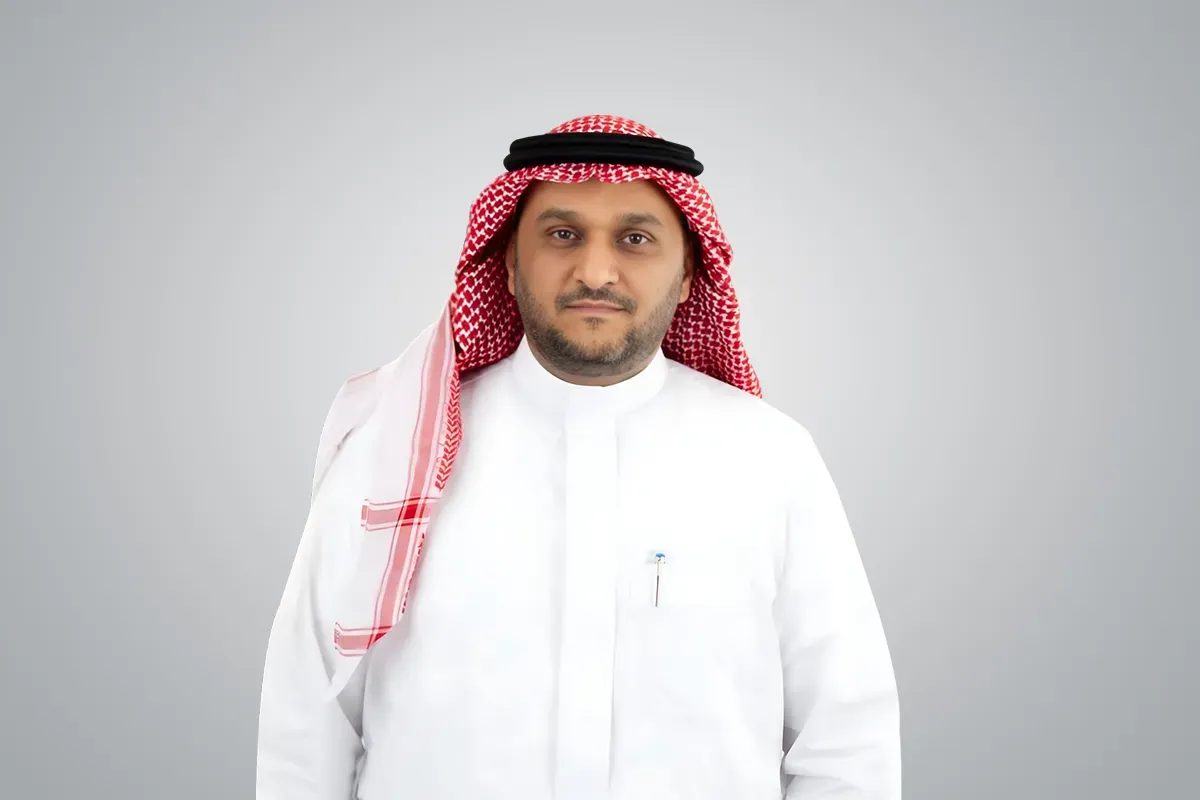In Asia’s rapidly evolving startup ecosystem, a notable shift is occurring: founders are increasingly embracing spiritual practices such as meditation, mindfulness, and retreats to enhance their leadership and drive sustainable growth.
The Rising Tide of Spiritual Practices Among Founders
The pressures of startup life have caused many entrepreneurs to engage in inner work to find peace and clarity. One found that 55% of startup founders and business leaders reported that they do not sleep well, due to long work hours, while over 80% indicated that their performance and focus were negatively impacted because of poor sleep, according to a 2025 survey from the Heartfulness Institute and TiE Global on the well-being of entrepreneurs.
Consequently, there is a growing trend for entrepreneurs to engage in practices such as meditation. The Heartfulness Startup Forum 2025 was grounded in meditation with the understanding that meditation helps build clarity, calm, and well-being. In addition, the Heartfulness Startup Forum 2025 held at Kanha Shanti Vanam near Hyderabad, gathered hundreds of founders, and included a session on meditation practices.
Corporate Integration of Mindfulness
Forward-thinking companies are incorporating spiritual practices into their workplace. Take Capillary Technologies, for instance, which offers its employees a biannual yoga and meditation retreat because they understand the importance of mental health within the corporate structure. While all of their retreats include yoga, meditation, sound therapy, and conscious eating, they are designed to detox and refresh their employees.
The Booming Spiritual Tech Market
Spirituality and technology not only represent an opportunity for future business, but it is also a personal journey for some founders. An evaluation by Inc42 states that as of 2023, the religious and spiritual market in India is estimated to be worth $58.56 billion, with an expected compound annual growth rate (CAGR) of 10% until 2032. This growth involves more than 900 spiritual tech companies, many of which mostly serve the 25 – 35 age group with services like online prasad delivery, e-darshan, and e-pooja.
Companies like Nirmalaya, which combine spirituality and sustainability, represent the essence of this trend by turning floral waste from temples into sustainable goods.
The incorporation of spiritual practices into startup culture illustrates a more holistic view of entrepreneurship in Asia. By being more reflective, founders not only can begin to work on their own wellness but also create thriving and purpose-driven organizations that are more adaptable to succeed in a sustainable way.











